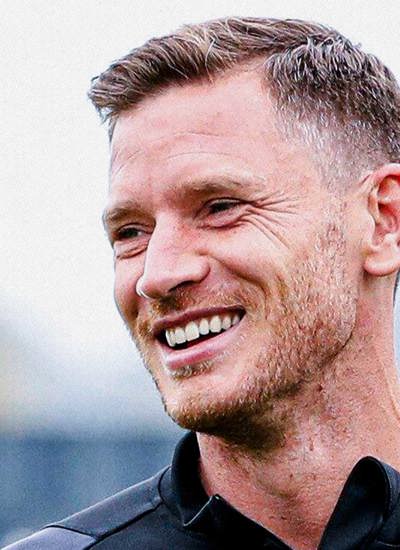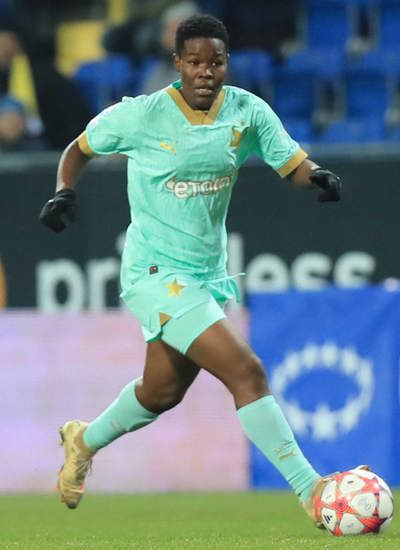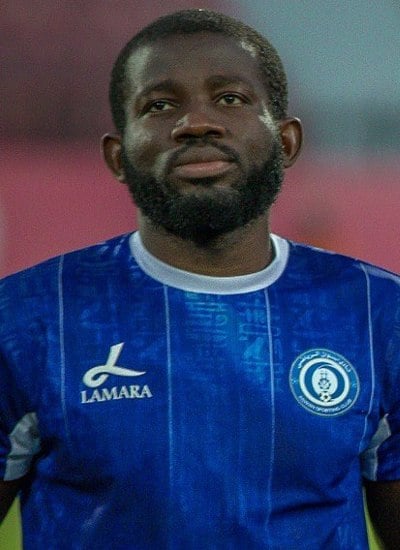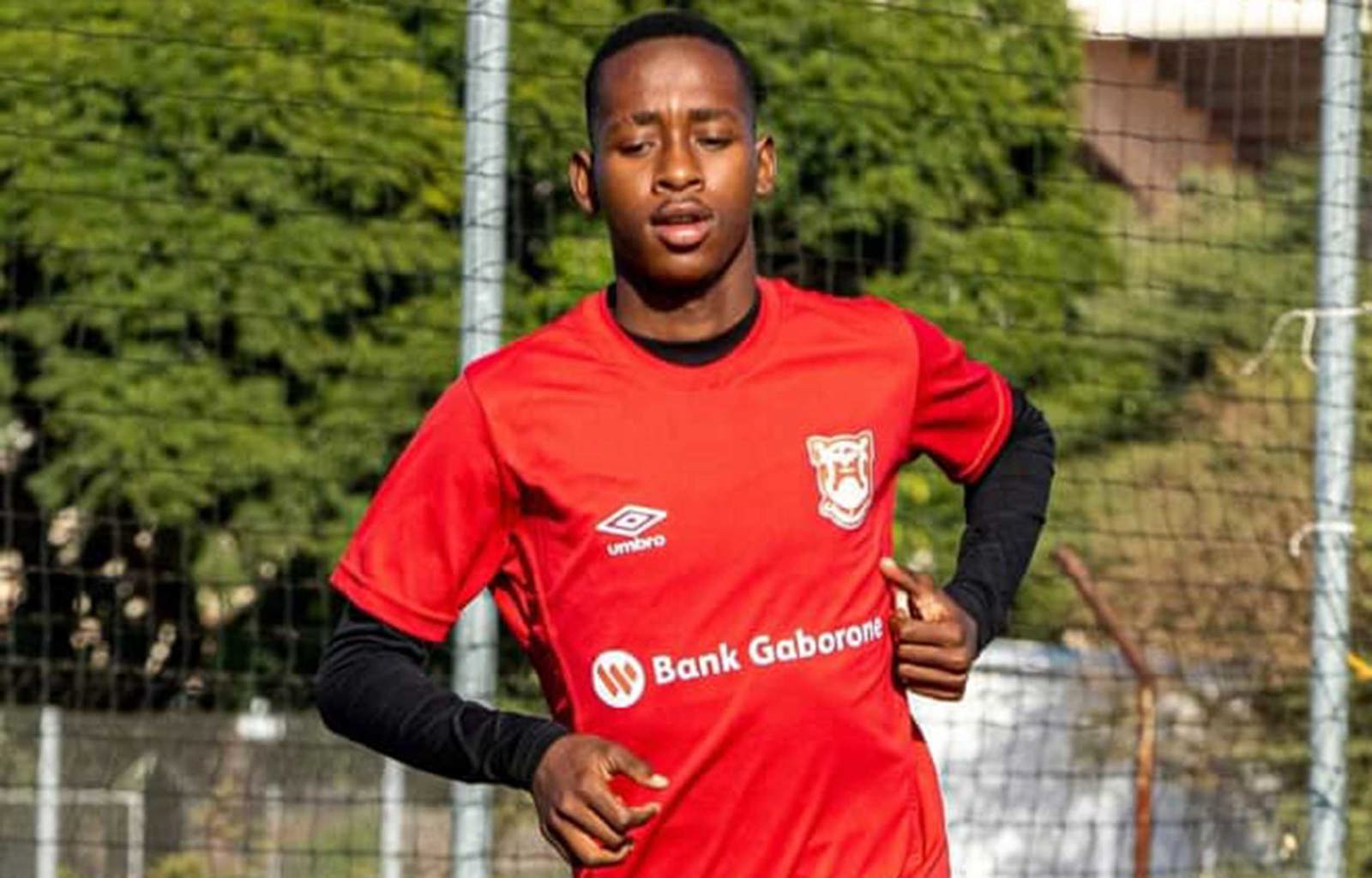
- A routine pre-season medical found Botswana international Omphile Ramoagi had an arrhythmia - and he needed to stop playing for six months
- Footballers’ Union of Botswana successfully pushed to make pre-season medical examinations mandatory and included in the licensing requirements to protect players' wellbeing
- Now back in action and fully recovered, Ramoagi (19) shares his story: "I feel I have been given a second chance"
The Footballers’ Union of Botswana (FUB) successfully pushed to make pre-season medical examinations mandatory and included in the licensing requirements after one team's check found a player had a potential heart condition.
FUB acted after learning that midfielder Omphile Ramoagi, now 19, had to stop playing due to an arrhythmia that was detected in 2022 via a pre-season medical examination conducted by his club Gaborone United. The Botswana international subsequently received proper medical treatment and was given the green light to return in January 2023.
Romoagi’s case illustrated the value in conducting these pre-season medical examinations in Botswana.
When the FUB found that most teams in the country did not perform crucial checks such as ECG tests – meaning there could be other players unaware that they were suffering from a heart condition – the FUB and the Premier League included the pre-season medical examination mandatory in the licensing requirements.
Clubs that fail to adhere to this will not be allowed to participate in the Botswana Premier League and doctors who don’t act accordingly will lose their licence to practice.
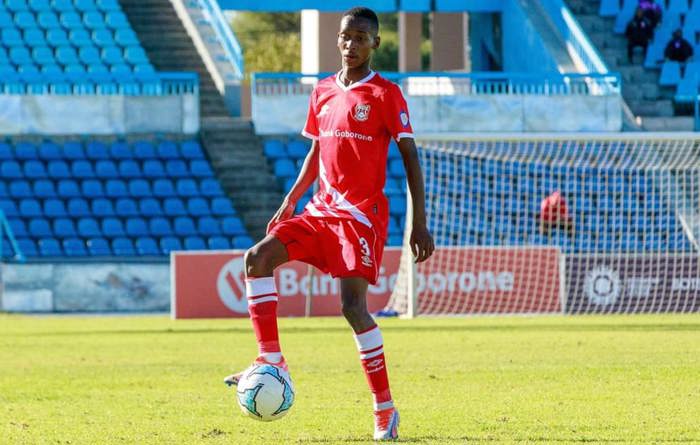
Ramoagi, who was 18 at the time of his pre-season medical exam, shared his experiences with FIFPRO.
He said: "I signed a contract with Botswana Premier League club Gaborone United when I was just 16. After playing for the Under-17 side and Under-20 national teams, I was then promoted to the senior side for last year’s COSAFA Cup.
"After that tournament, I did a medical check with my club ahead of the new season. It was a routine check-up and I also passed it with the club previously.
"I thought there was nothing to worry about. But instead of getting the go-ahead to play in the new season, the doctors found some irregularities in the way my heart beats. It is called an arrhythmia. I was told that I should stop playing and that after six months they would check it again.
"The news and the fact that I was not allowed to play was devastating for me and my parents. Playing football is the only thing that I know and through football I was helping my family at the time.
"I was scared that I would have to give up the thing that I love doing at such an early age. We were all disappointed, but when I got home, my whole family was there. They told me not to let my head hang. They encouraged me and said that things were not in my hand and that I should have faith. My team-mates and the technical staff also sent me messages and told me not to give up, and assured me that I would come back stronger.
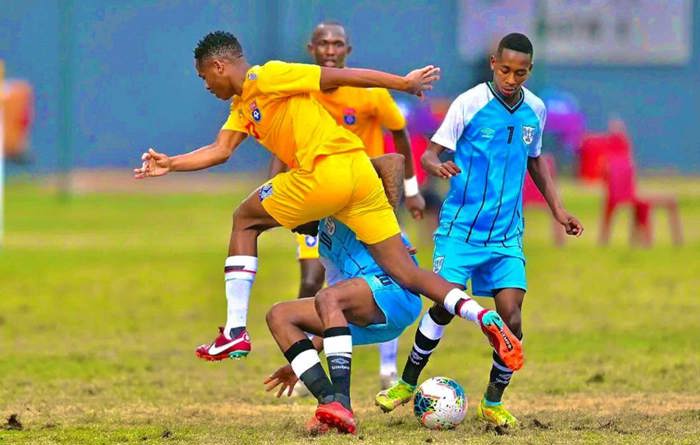
"Even though it was devastating news, it was not a complete shock, as doctors in South Africa had earlier found a similar issue with my heart after playing with the Botswana Under-17 side. The doctors in South Africa said it was quite a normal thing and I could continue playing.
"But in Botswana, they told me I had to stop; the advice was that I should not be playing. They said I shouldn't be involved in anything that's too hectic. If I was going to train, it should be controlled: I should not be running a lot, and I should not do spurts like there are in the games.
"During the six months that I could not play, I trained with the academy where I had played as a youngster. I was careful to not exert myself too much. The only thing that I did was kick the ball around.
"In January, after six months being out of action, I returned to my club. They referred me to doctors in South Africa as they felt that was a good place to be tested. Fortunately for me, they cleared me to play again. When I heard that, I was overjoyed. The fans also reacted very positively to me returning to the game. I am one of the youngest in the team and that has made me a bit of a crowd favourite.

"I am not worried that it can happen again. I do not think about it when I go into a match, and I play as I did before I had to take a break. I have been told that I should adjust my diet, so I have stopped eating a lot of salt and other things like cheese. I also don’t drink caffeine.
"Sitting out for six months has also resulted in me taking life more seriously. You are only given one opportunity and when it comes and passes you by and it leaves you behind, it’s gone. It will never come back. That is also the way I play. I give it the best every time I go onto the field.
"You never know who is watching you. A club could be watching me. My dream is to play outside Botswana, and I have to be ready when that opportunity comes. I feel I have been given a second chance and I want to make the most of that.
"It is good to know that, thanks to the union, pre-season medical examinations are now mandatory. Changing the regulations means the players’ health is put up as top priority and that gives us satisfaction as players."
